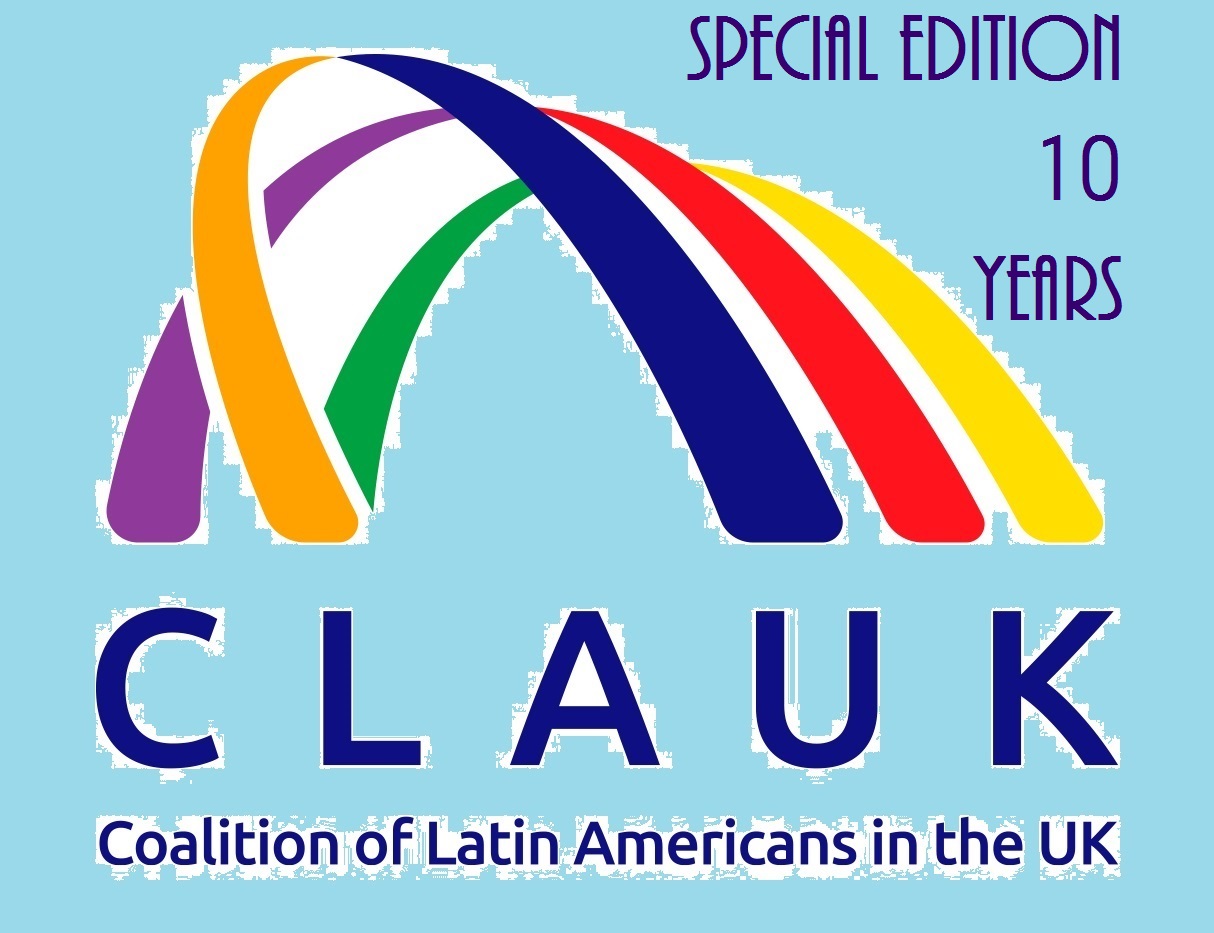 In its 41 year-journey, the IndoAmerican Refugee and Migrant Organisation (IRMO) has grown thanks to the work of hundreds of people who have made this organisation a place of development, management and participation, responding to the immediate and structural needs that the immigrant and refugee community experience in the United Kingdom.
In its 41 year-journey, the IndoAmerican Refugee and Migrant Organisation (IRMO) has grown thanks to the work of hundreds of people who have made this organisation a place of development, management and participation, responding to the immediate and structural needs that the immigrant and refugee community experience in the United Kingdom.
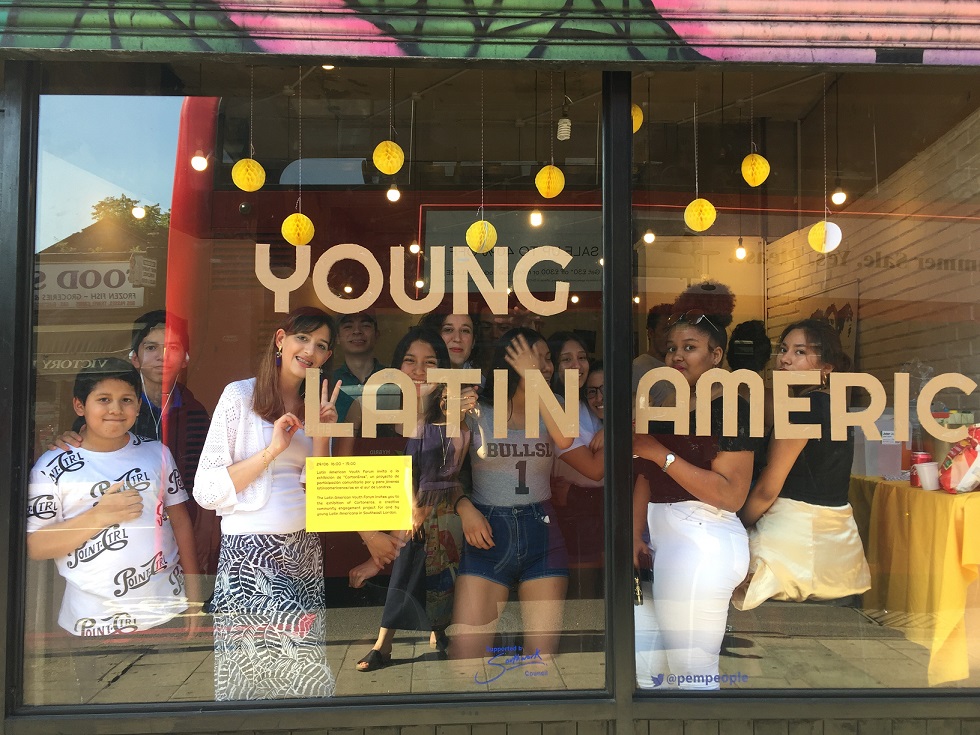 Its beginnings go back to 1982, the year it was founded and which saw it become one of the first Latin American organisations in the United Kingdom.
Its beginnings go back to 1982, the year it was founded and which saw it become one of the first Latin American organisations in the United Kingdom.
At first it was called Democratic Chile, since it was precisely refugees from that country who sought in the social organisation a political way to withstand the challenges experienced by those who migrate due to crisis situations.
Later, the Chilean voice became a wider voice of Latin American recognition and identity, changing its name to IndoAmerican Refugee and Migrant Organisation (IRMO). Now, over 20 people make up the team and 35 others give their time as volunteers for different activities.
Annually, it reaches over 4,000 people and it has focused on four principal lines which attempt to resolve the most urgent needs.
One of those needs is defining the migratory state and helping defend fundamental rights. For that, there is the Advice and Benefits Area, thanks to which immigrants receive advice on immigration and housing and help accessing social welfare rights. It is a professional job in as much as the organisation is accredited with the quality standards of migration advice and support and it has the scope to provide this type of service.
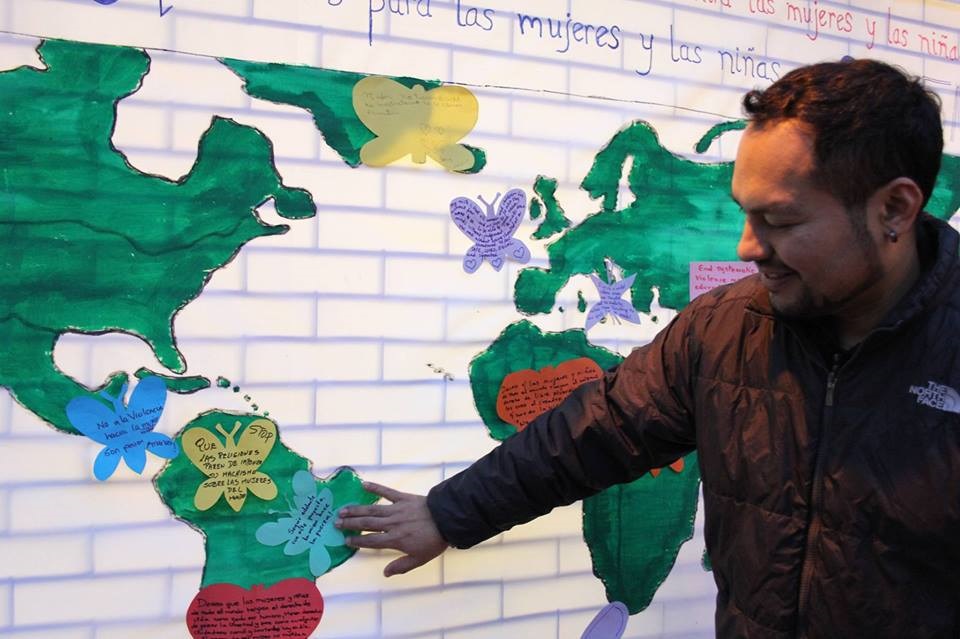 Another line is focused on the need to have a job and be trained and educated to have greater opportunities. This support is provided from the Education, Training and Work Area. Through its programmes it provides English courses (ESOL), help finding work, professional tutoring, training in specific skills and workshops on employability skills.
Another line is focused on the need to have a job and be trained and educated to have greater opportunities. This support is provided from the Education, Training and Work Area. Through its programmes it provides English courses (ESOL), help finding work, professional tutoring, training in specific skills and workshops on employability skills.
With regard to services related to health and improving quality of life, it has the ‘Health and Wellbeing project’ led by the Operations Area. They help people in the community register with a doctor (GP) and access different health services such as dentistry, mental health and reproductive and sexual health, among others. It also disseminates information relevant to the promotion of health and the prevention of disease and holds workshops on primary care for the community.
Moreover, the attention provided is also intersectional and population-related. From the outset IRMO recognised that in many cases people do not migrate alone but with their children and families. That is why there is a Children and Youth Area.
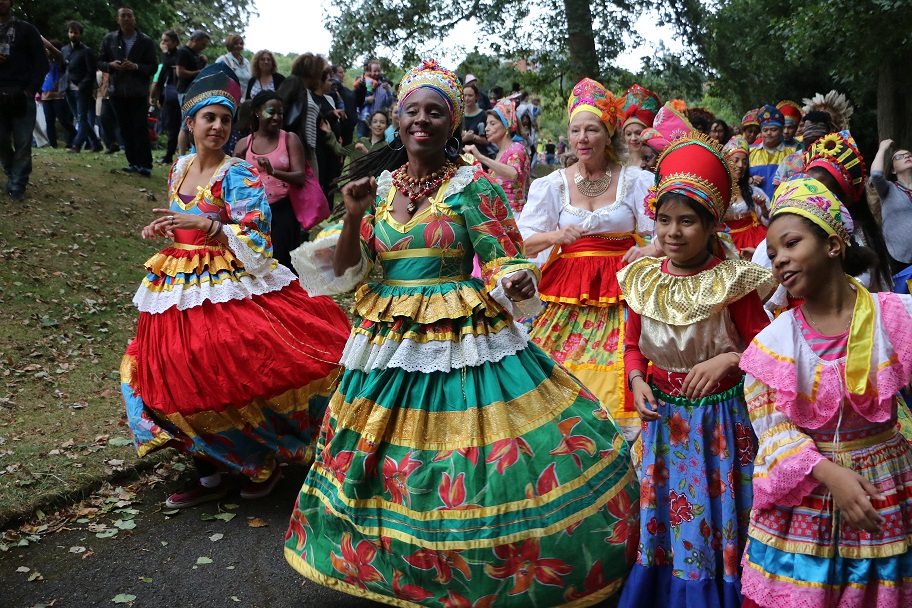 This area puts on play and creative activities, activity clubs and English lessons (ESOL) for children and young people who have arrived in the country recently. In addition, it helps children and young people gain access to education and promotes educational achievement and participation in the community generally.
This area puts on play and creative activities, activity clubs and English lessons (ESOL) for children and young people who have arrived in the country recently. In addition, it helps children and young people gain access to education and promotes educational achievement and participation in the community generally.
As well as working on these fronts, the organisation carries out research activities, mapping policies and campaigns that seek to ensure the community’s rights. In general, IRMO executes more than twenty projects per year which are financed by local authorities, national institutions and other backers. However, it does not do this on its own.
As an organisation, it understands that the greatest impact is generated by the strength of union, which is why throughout its history it has established connections with other Latin American and migrant organisations, local organisations, legal centres, community resources and consultancy organisations. In fact, it carries out most of its current work as part of formal associations, fora and networks.
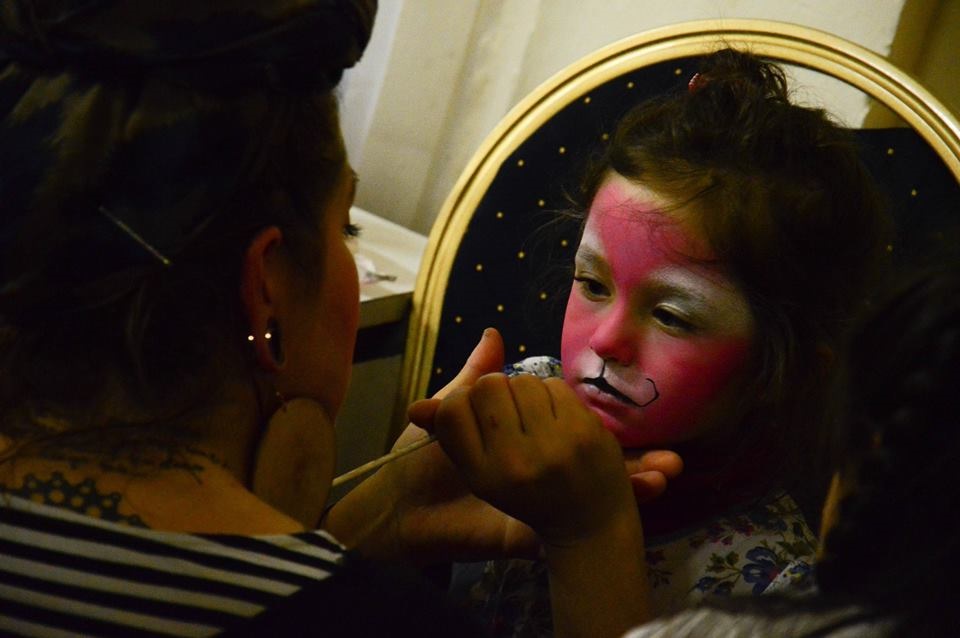 In the words of someone who has participated in English lessons, in consultations on migration, was a volunteer and is now part of the team:
In the words of someone who has participated in English lessons, in consultations on migration, was a volunteer and is now part of the team:
“IRMO is not just an organisation, it is undoubtedly a collective story of timeless solidarity, where generations of migrants meet to continue building bridges which connect us with our past, present and future in a family community atmosphere”.
It is here, and it will continue to be here and help thousands of people who arrive from Latin America in search of better opportunities.
(Translated by Philip Walker – Email: philipwalkertranslation@gmail.com) – Photos: IRMO
Special Edition – CLAUK 10 Years
- 10 years of CLAUK: feeling, living and supporting Latino migrants
- Pioneers in defence of London’s Latin Quarter
- A house open to immigrants
- For a world free of violence against women and children
- Pioneering journalism by and for migrants
- A shared history of enduring solidarity
- Supporting Latin Americans in the North West
- Caring for the emotional health of the diaspora












.jpg)












